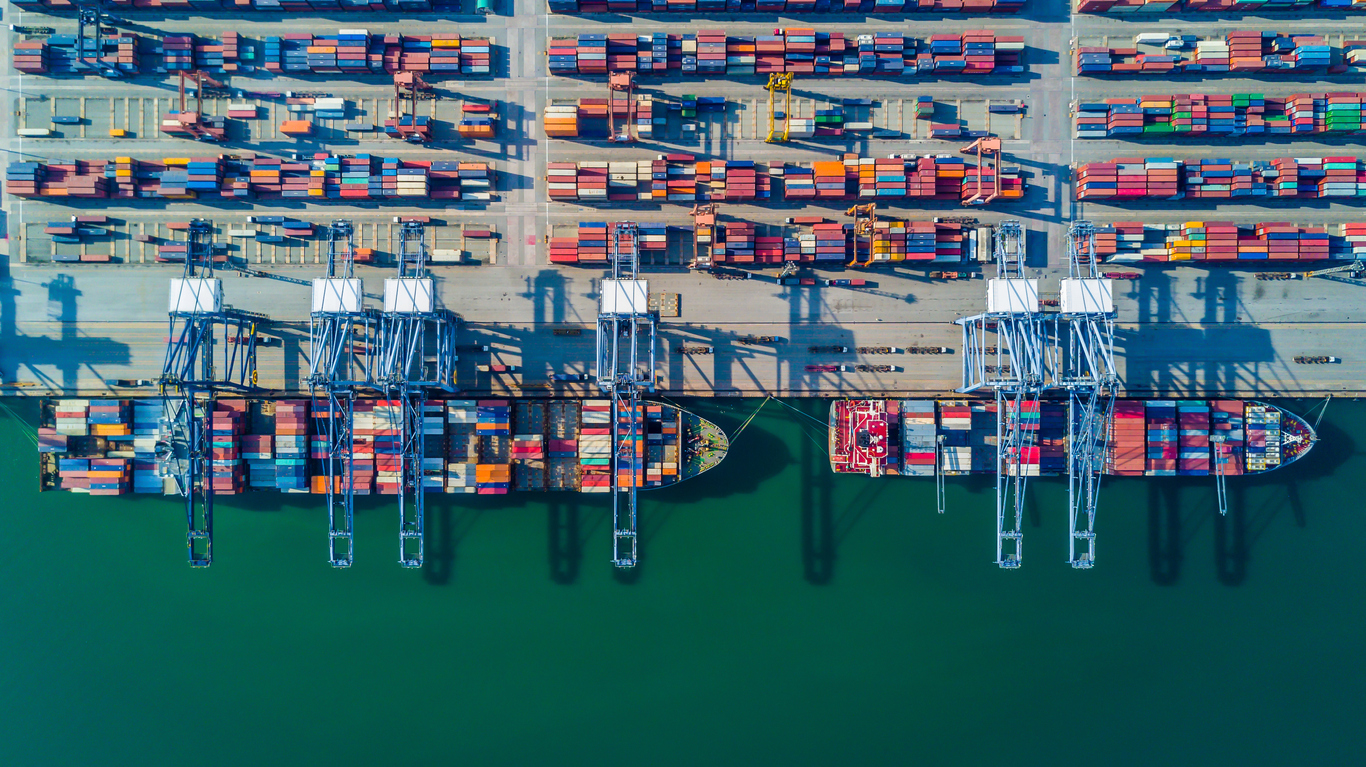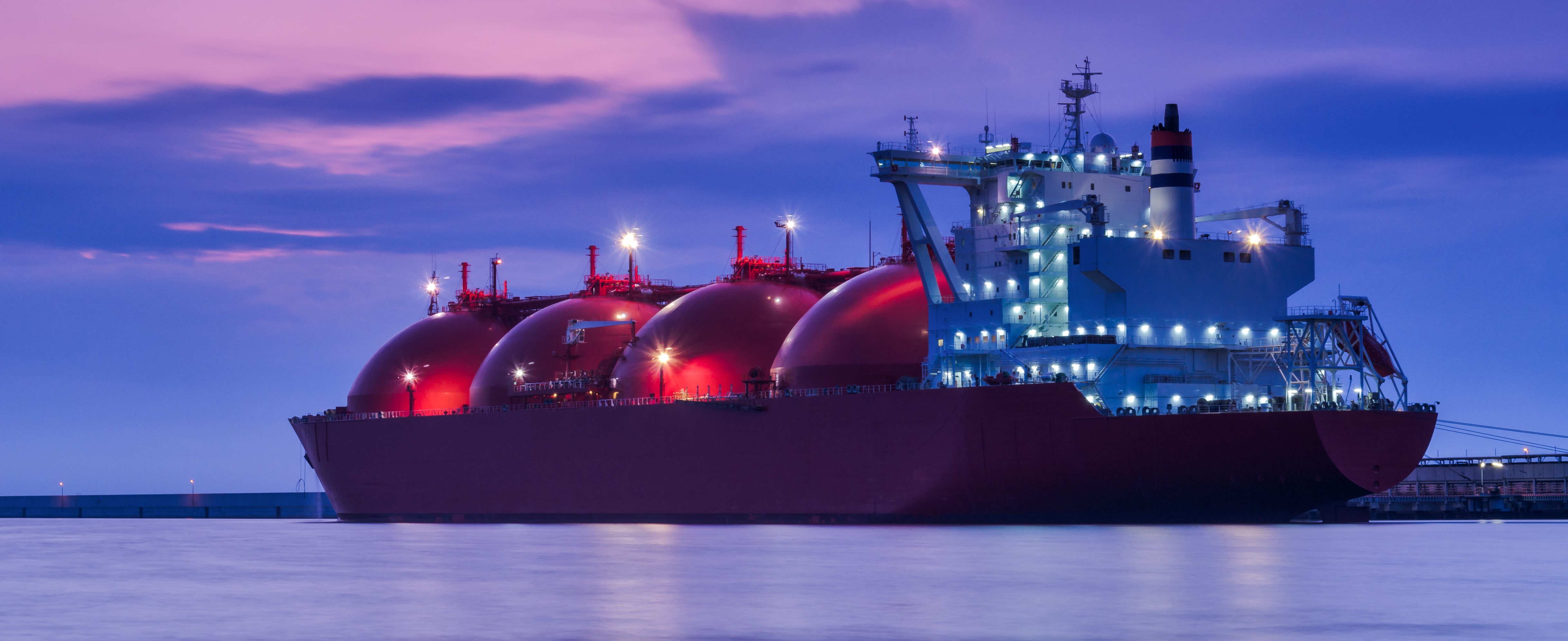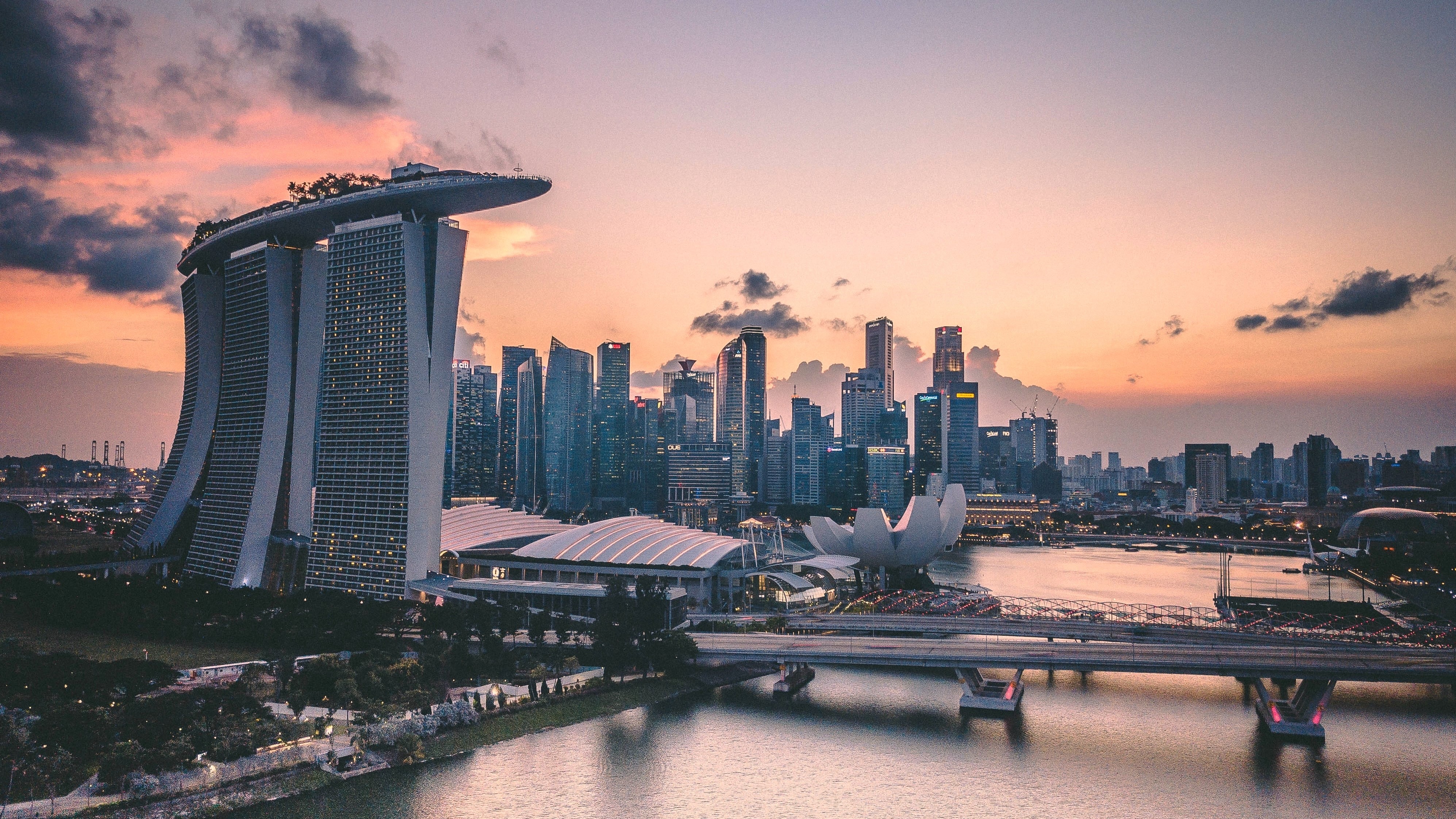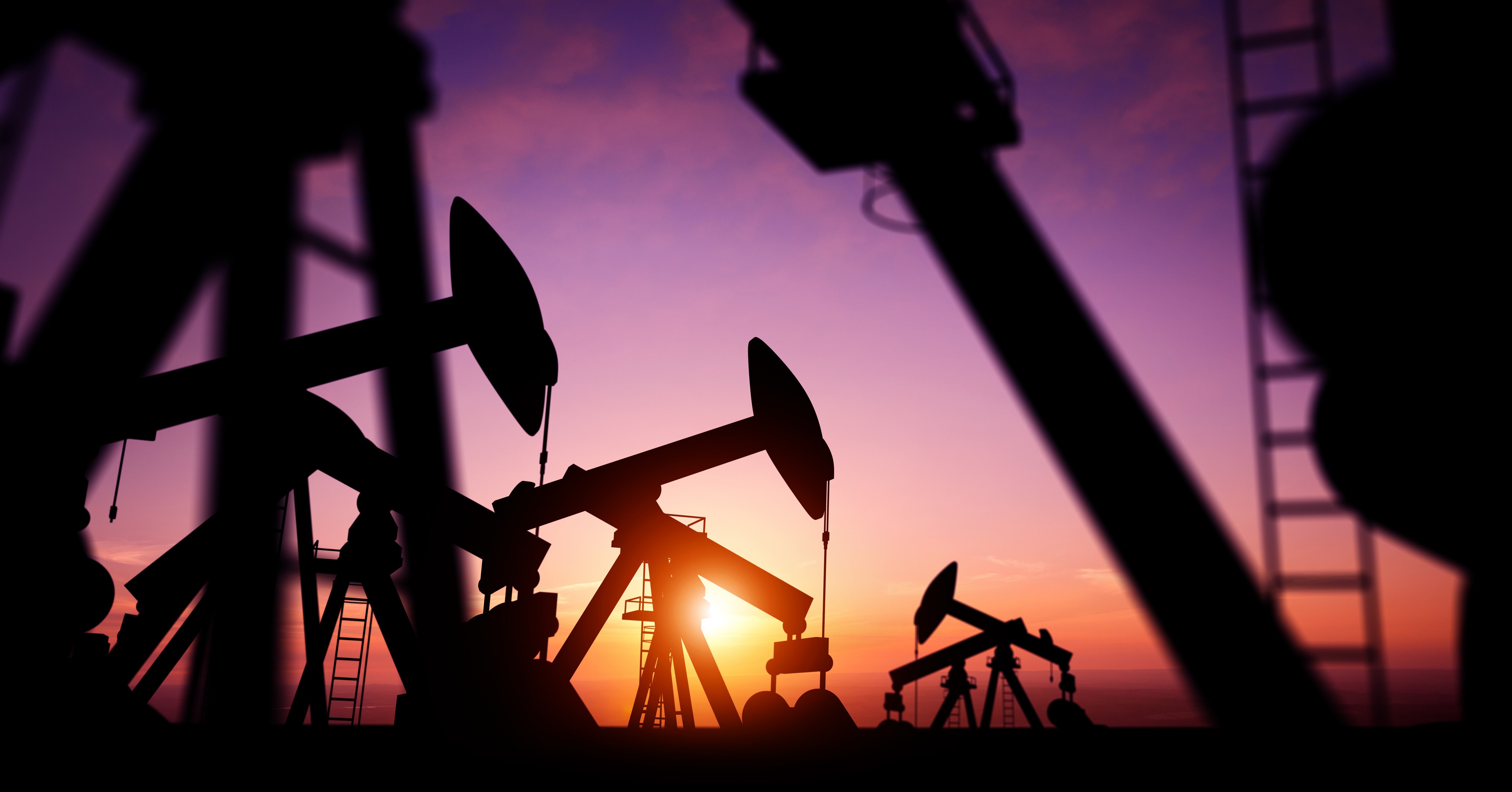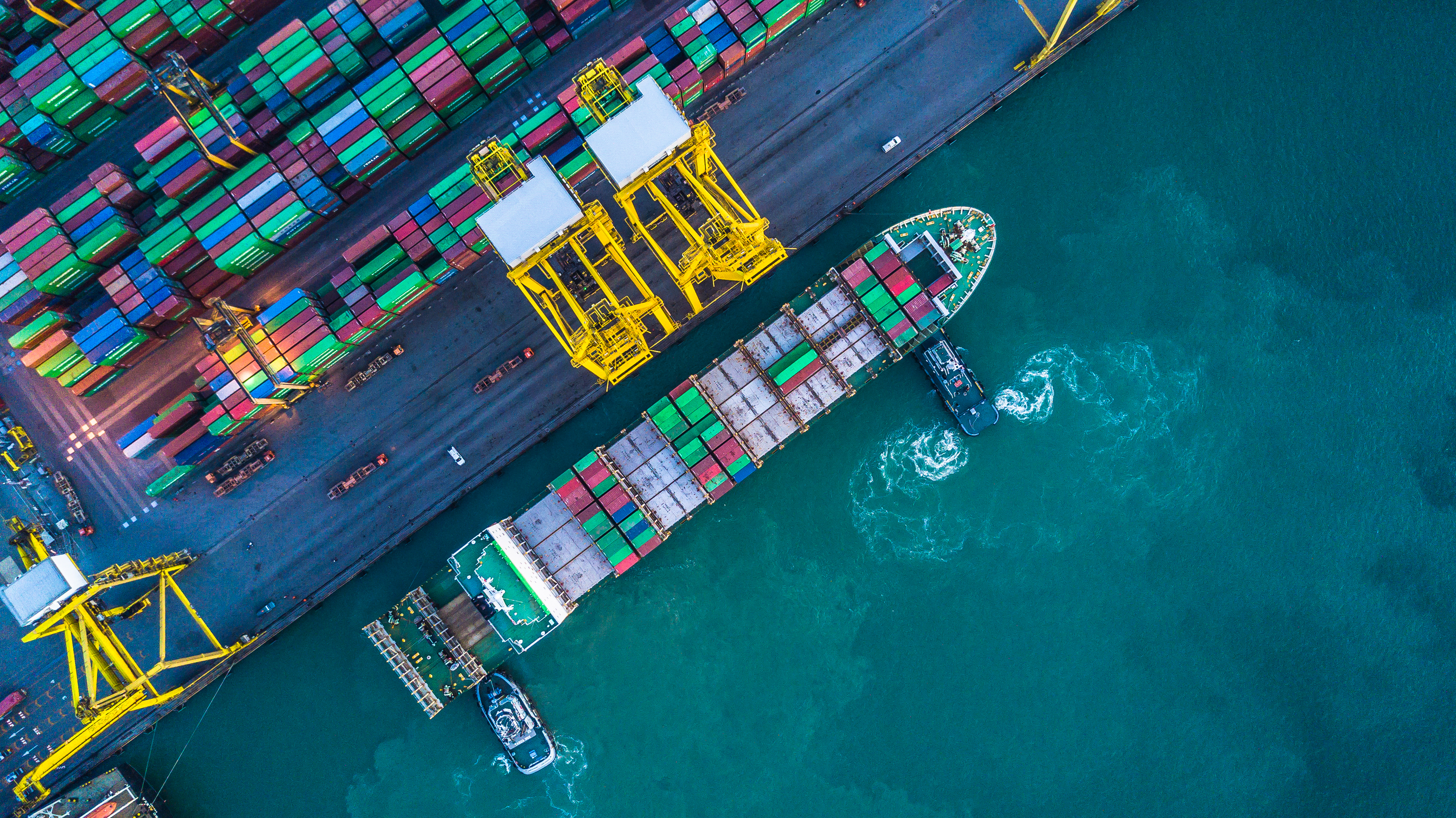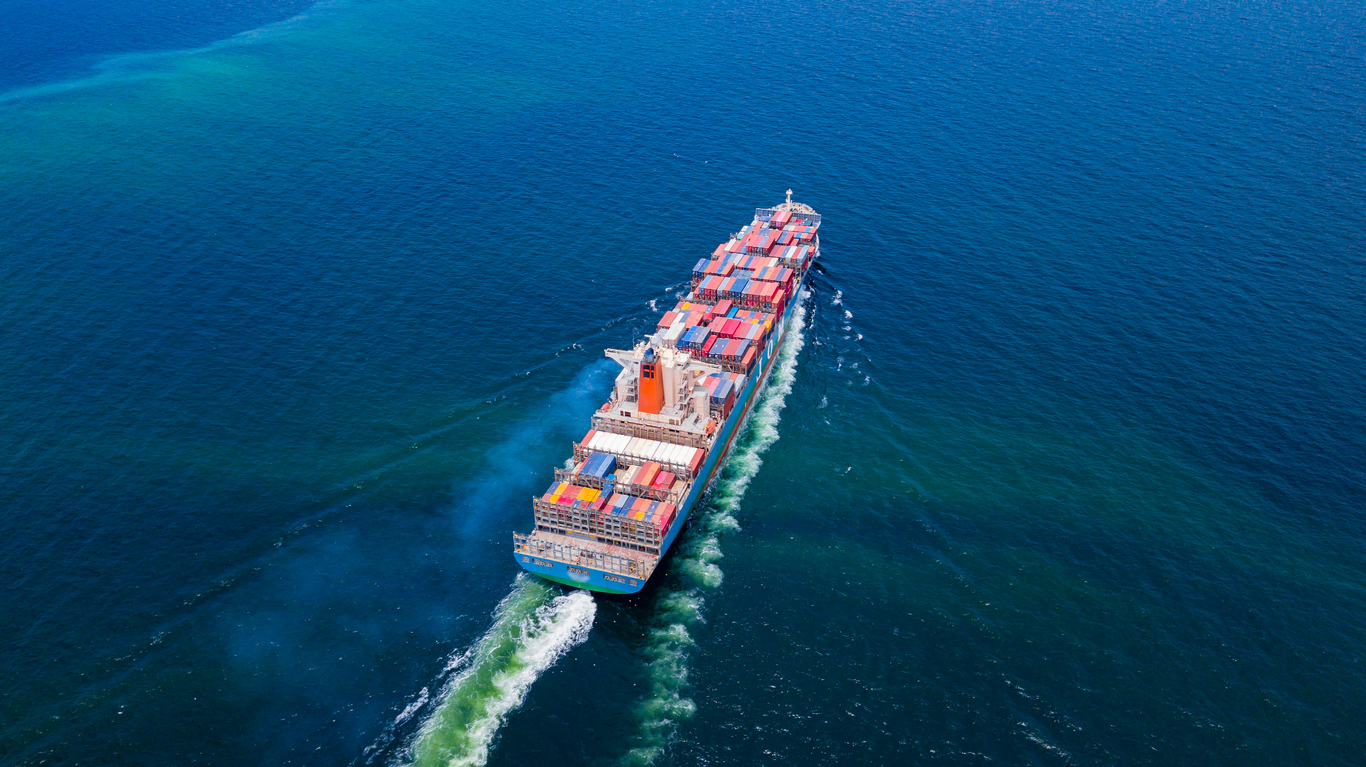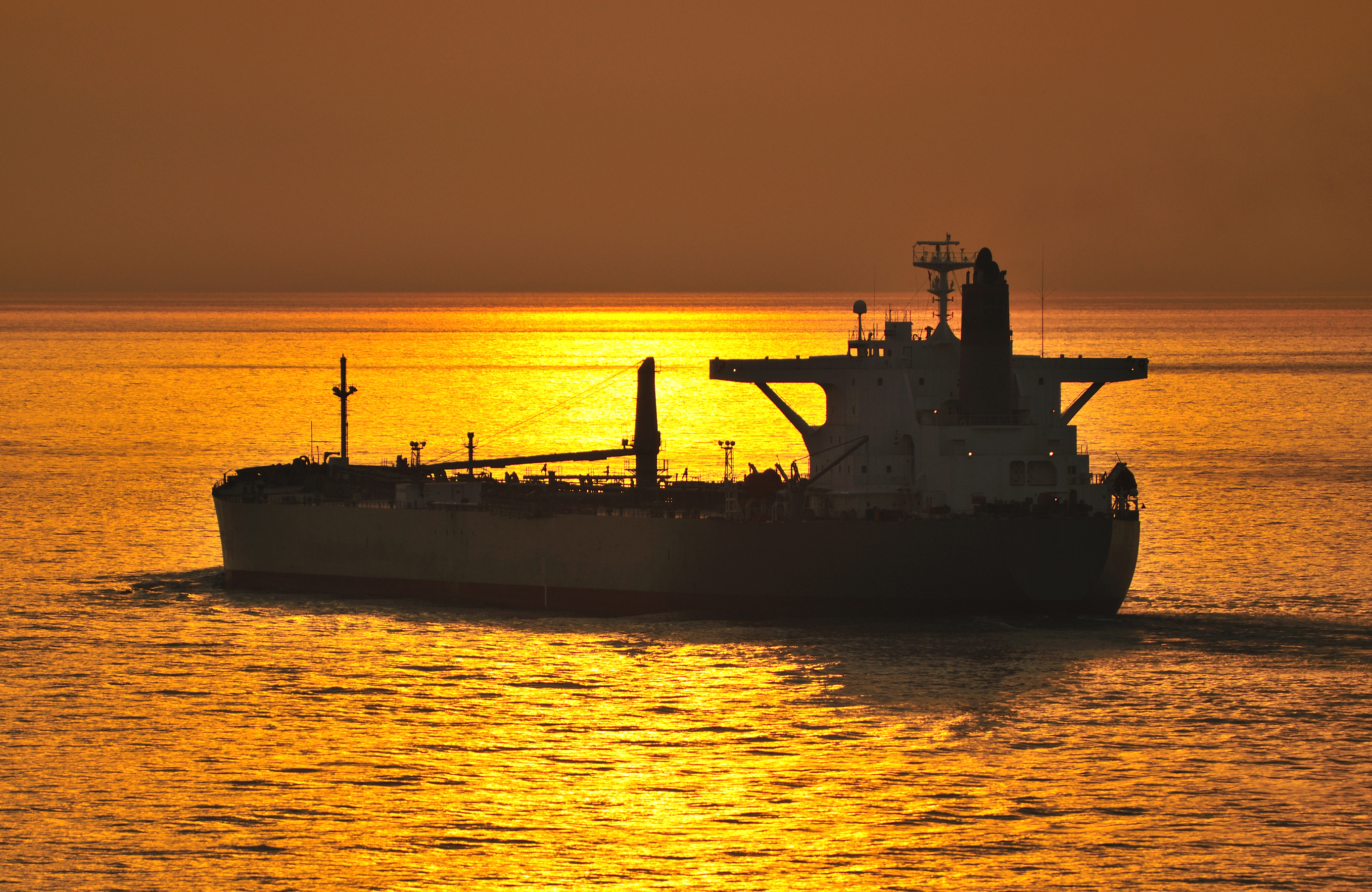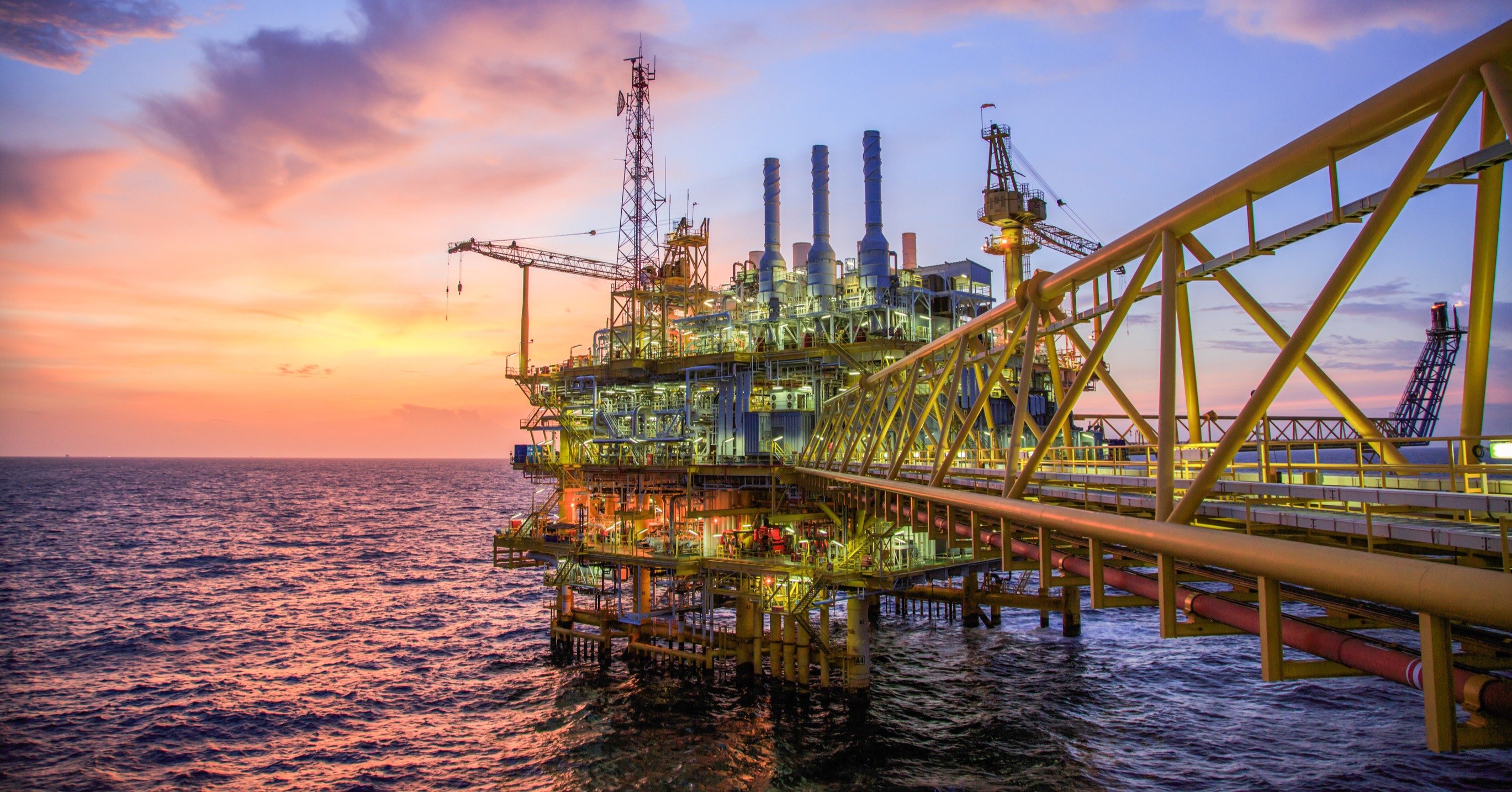On 10 November 2021, 22 countries signed the Clydebank Declaration (the Declaration) at the sidelines of the UN COP26 climate conference in Glasgow
The Declaration agreed to establish “at least six green corridors”, defined as zero-emission routes between two or more ports, by 2025, with “many more” to be in operation by 2030. The aim of these corridors is to hasten the use of zero-emissions vessels (as opposed to “net zero” vessels) in deep-sea trades, and accelerate the development of the associated infrastructure, and implementation of required regulations. While it is still early days, with details of these green corridors still to be mutually agreed in coming months (if not years), the Declaration foresees bringing together national governments, non-governmental organisations, and private sector participants, including fuel producers, vessel operators, and cargo owners, in a voluntary and collaborative approach. For the time being, these corridors are not expected to be exclusive, with conventionally-fueled ships allowed to continue operations on these routes alongside zero-emissions vessels. Signatories to the pact include Australia, Canada, Germany, Japan, Morocco, New Zealand, France, Netherlands, Germany, Finland, Denmark, the UK and US; China and India are notably absent.



